The superhero dominates popular culture. Allowing for recent concerns about “superhero fatigue,” the genre has come to define blockbuster cinema. There are multiple shared universes built around intellectual property tied to these types of characters. In the two-and-a-bit decades since Stephen Norrington’s Blade, Bryan Singer’s X-Men, and Sam Raimi’s Spider-Man, the superhero has reached a cultural prominence on par with the cowboy or the gangster.
However, there’s something dysfunctional within the genre. There’s a creeping lack of humanity within the modern superhero movie. These films have grown disconnected from anything resembling the real world and detached from anything resembling emotional reality. There’s an emptiness that has nestled in the heart of the modern superhero blockbuster, an unreality more fundamental than the one created via green screen and CGI.
When Ant-Man and the Wasp: Quantumania premiered, many of the reviews focused on the movie’s decidedly uncanny quality. Matt Zoller Seitz opined that “the world onscreen mostly looks like a Marvel screen-saver.” Justin Chang suggested that, watching Quantumania, “time swiftly becomes a very flat and cruddy-looking CGI circle.” Richard Brody wrote about how the film’s digitally generated effects, “instead of endowing the inanimate with life, subtract it from the film’s vital presences.”
This is not a criticism of the artists who worked on the movie’s special effects, some of whom have talked about the impossible constraints imposed on them by the studio. The underlying problems with Quantumania are not down to the specifics of execution, but instead the fundamental creative decisions. Quantumania is a movie about Scott Lang (Paul Rudd), a size-changing superhero, that for some reason takes place in a world where the audience has no easy frame of reference for size.
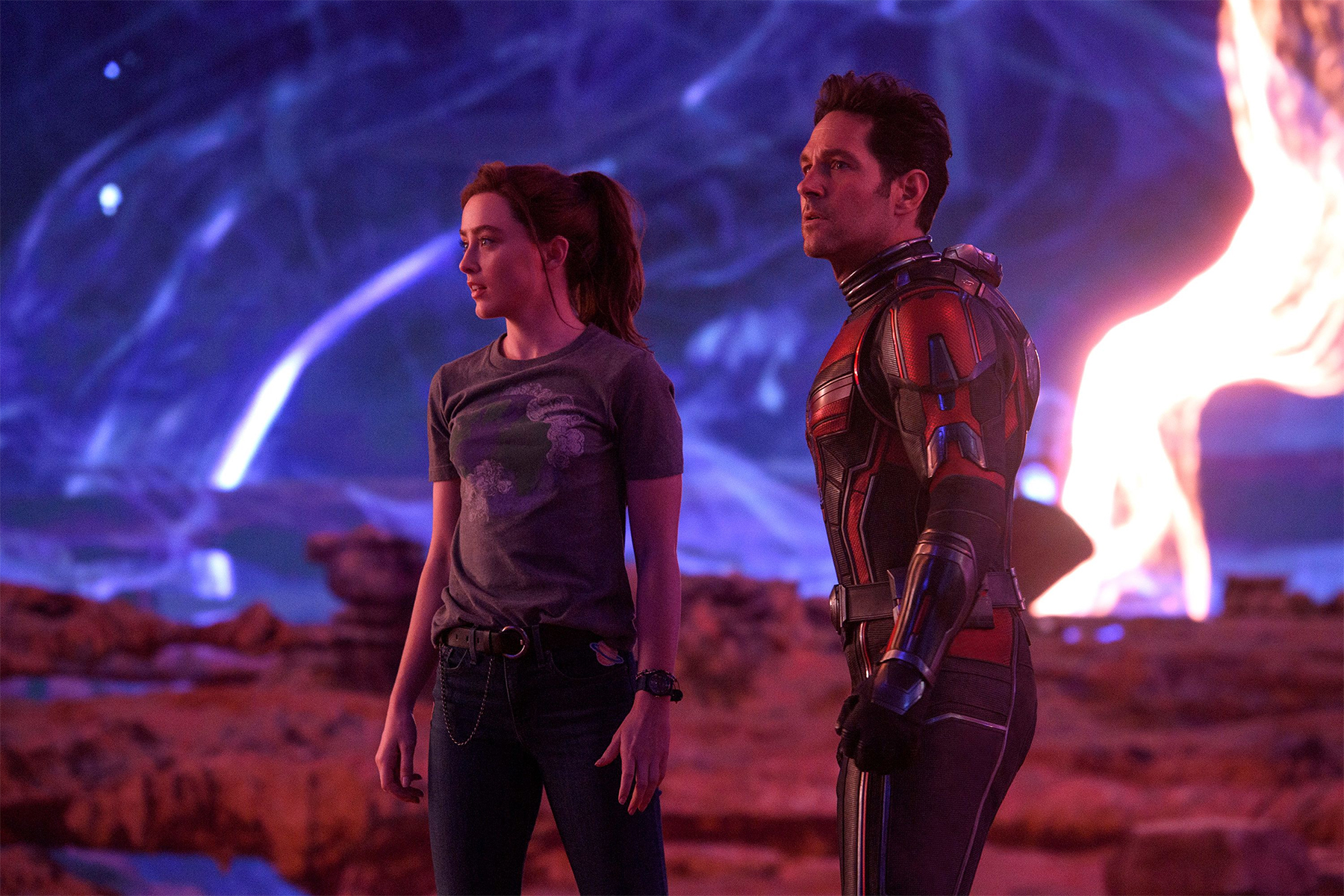
There is a more fundamental issue with Quantumania. It is a movie that strips any real humanity from its superhero narrative. This is most obvious in looking at the cast list. Quantumania ditches pretty much every non-superhero character from both Ant-Man and Ant-Man and the Wasp, including Scott’s ex-wife Maggie (Judy Greer), her new husband Jim (Bobby Cannavale), Scott’s former cellmate Luis (Michael Peña), and Luis’ associate Kurt (David Dastmalchian).
Those characters added humanity to Ant-Man and Ant-Man and the Wasp, making Scott a human being with human relationships. He had an ex-wife who had started a new family and a best friend who had his own business. Scott had a very real and tangible footprint in the world. In contrast, the major returning characters who appear in Quantumania are all superheroes or supervillains, to the point that Scott’s daughter Cassie (Kathryn Newton) has adopted her father’s size-changing powers.
This is not an issue unique to Quantumania. In the modern Marvel Cinematic Universe (MCU), on a long-enough time scale, every major character becomes a superhero. This trend can trace its roots back to Jim Rhodes’ (Terrence Howard) promise of “next time, baby!” in the original Iron Man. That was an assurance that Rhodes (now recast as Don Cheadle) would wear his own suit of armor in Iron Man 2, adopting the superhero moniker of War Machine.
It wasn’t always this way. Older superhero movies were populated by human characters. Sam Raimi’s Spider-Man movies featured a charming supporting cast around Peter Parker (Tobey Maguire), giving its versions of Aunt May (Rosemary Harris) and Mary Jane (Kirsten Dunst) more agency and focus, while minor figures like Peter’s landlord (Elya Baskin) were given enough character to break out as a memetic sensation. There was a warmth and humanity to those movies sorely lacking from what followed.
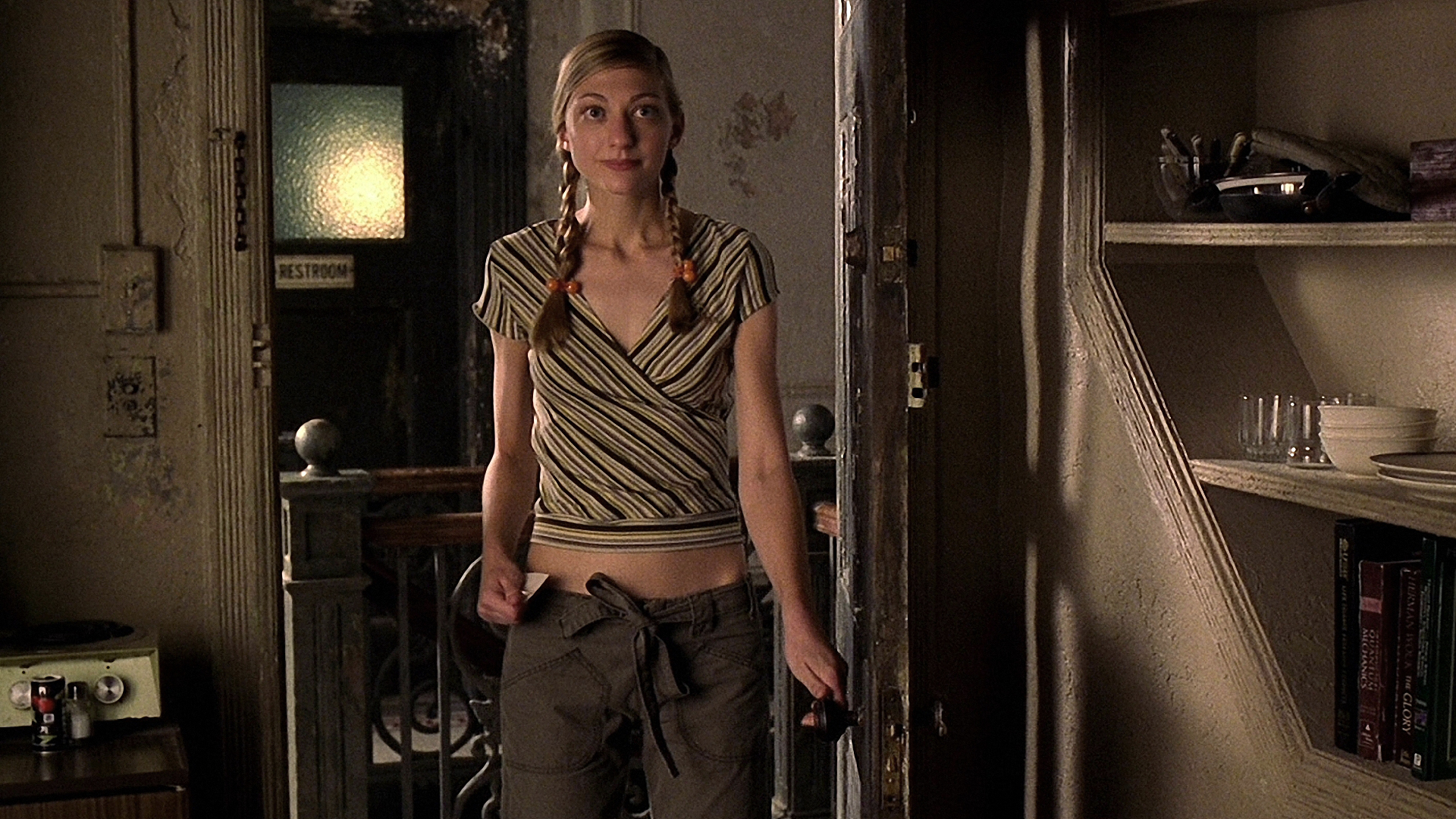
Similarly, Christopher Nolan’s Dark Knight trilogy fleshed out not only the social structure of Gotham including politicians like Anthony Garcia (Nestor Carbonell) and crime bosses like Salvatore Maroni (Eric Roberts), but also a network of real people around Bruce Wayne (Christian Bale). Batman might have been Bruce’s idea, but that dream was only realized through the collaboration of people like Alfred Pennyworth (Michael Caine), Jim Gordon (Gary Oldman), and Lucius Fox (Morgan Freeman).
This allowed Nolan and Raimi to focus on the humanity of their subjects, underscoring that these were real people with actual inner lives and meaningful human connections. Peter Parker had recognizable wants and needs. Alfred could challenge Bruce’s motivations, while Lucius could call out his moral transgressions. In their own way, they provided a sense of scale to what Bruce was trying to accomplish. All of that is lacking from a lot of the modern superhero genre.
Novelist John Steinbeck once argued that America was a nation populated not by a working class, but by a mass of (probably not his exact words) “temporarily embarrassed millionaires.” There is a similar argument to be made about the MCU, contending that it isn’t inhabited by human beings, but by a collective of superheroes-in-waiting. Virtually every major project within the shared universe exists to introduce not only a focal superhero, but also a number of other potential superheroes just waiting for their shot.
In WandaVision, Monica Rambeau (Teyonah Parris) can’t just be a civilian expert working through the death of her mother (Lashana Lynch); she has to be the superhero Photon. In The Falcon and the Winter Soldier, Joaquin Torres (Danny Ramirez) can’t just be Sam Wilson’s (Anthony Mackie) friend and colleague; he has to be set up as (potentially) the new Falcon. In Moon Knight, Layla El-Faouly (May Calamawy) can’t just be an adventurer in her own right; she has to be revealed as the Scarlet Scarab.
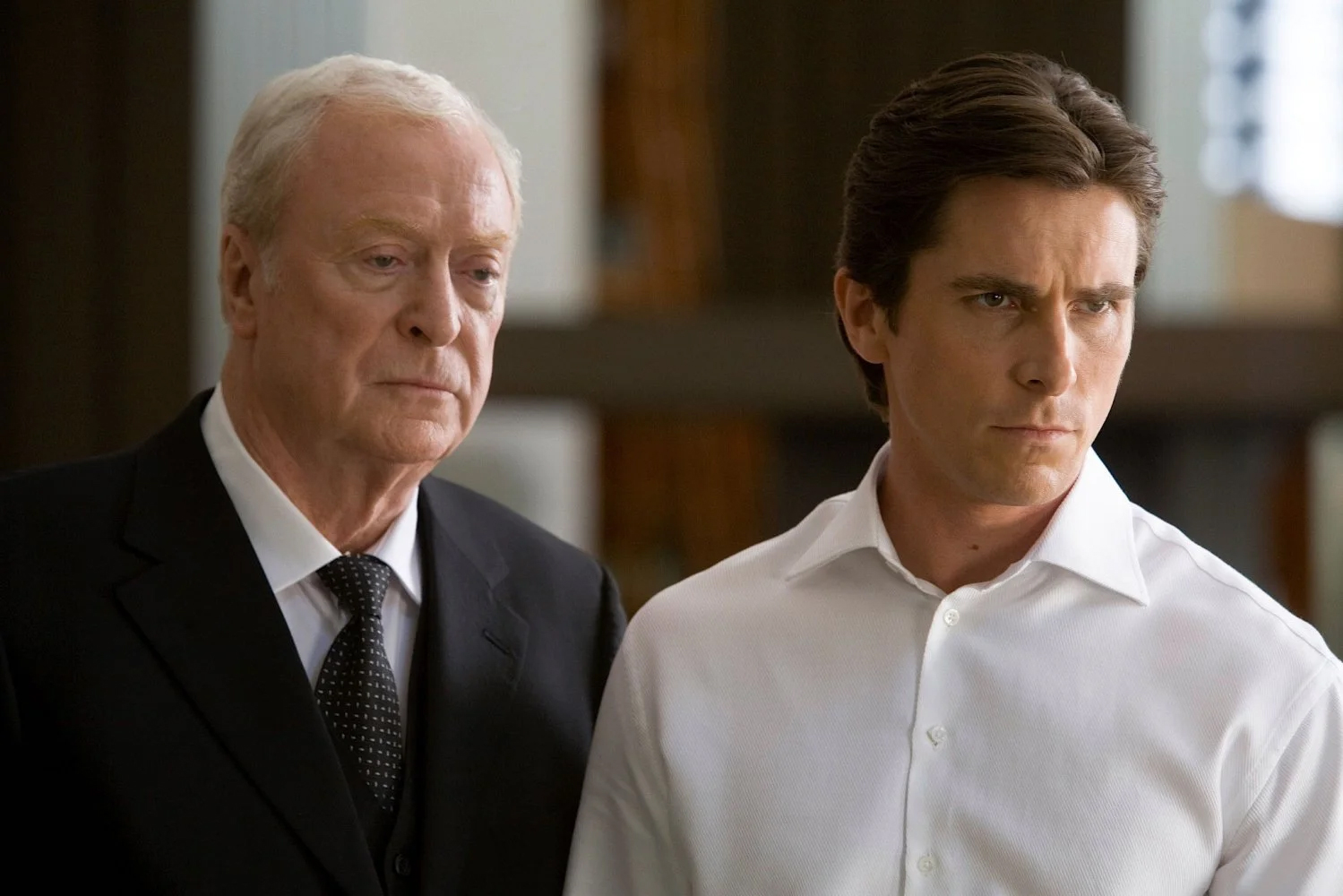
This robs these stories of human stakes, creating a hermetically sealed world with no tether to humanity. In its own way, the superhero becomes its own separate class of individual, like the insulated characters in shows like Succession or House of the Dragon. Superhero stories are fundamentally about power — who gets to hold it and why. In many classic origin stories, power is earned or stumbled upon by chance; anybody could be a hero. The MCU makes power something more likely to be bestowed or inherited. It’s who you know, not who you are.
Tony Stark (Robert Downey Jr.) starts a relationship with Pepper Potts (Gwyneth Paltrow) and gives her a suit of superpowered armor. Stark designs a suit for his ward, Peter Parker (Tom Holland), and leaves him a fleet of killer drones. Scott Lang finds himself folded into Hank Pym’s (Michael Douglas) superhero dynasty. Sam Wilson is worthy of the mantle of Captain America simply because Steve Rogers (Chris Evans) decides to give him the iconic shield. Power stays within the established group. These aren’t outsiders, they’re institutions.
To be fair, this is how power works in the real world. Studies suggest that the overwhelming majority of the ultra-rich began with (at least) inherited wealth and an affluent upbringing. Roughly 40% of American wealth is inherited. If superheroes are best understood as a distinctly American archetype, “mythic characters who embody the populace’s loftiest hopes, its deepest insecurities, and flaws,” then it makes sense that these stories’ understanding of power has shifted as well.
Still, these superhero worlds seem increasingly empty. As corny as they might have been, moments like the bridge confrontation in Sam Raimi’s Spider-Man, the train sequence in Spider-Man 2, the ferries dilemma in The Dark Knight, and the closing battle in The Dark Knight Rises reminded viewers that these stories took place in something resembling the real world, populated by real people, and that the heroes were fighting for something more than just the sake of spectacle.
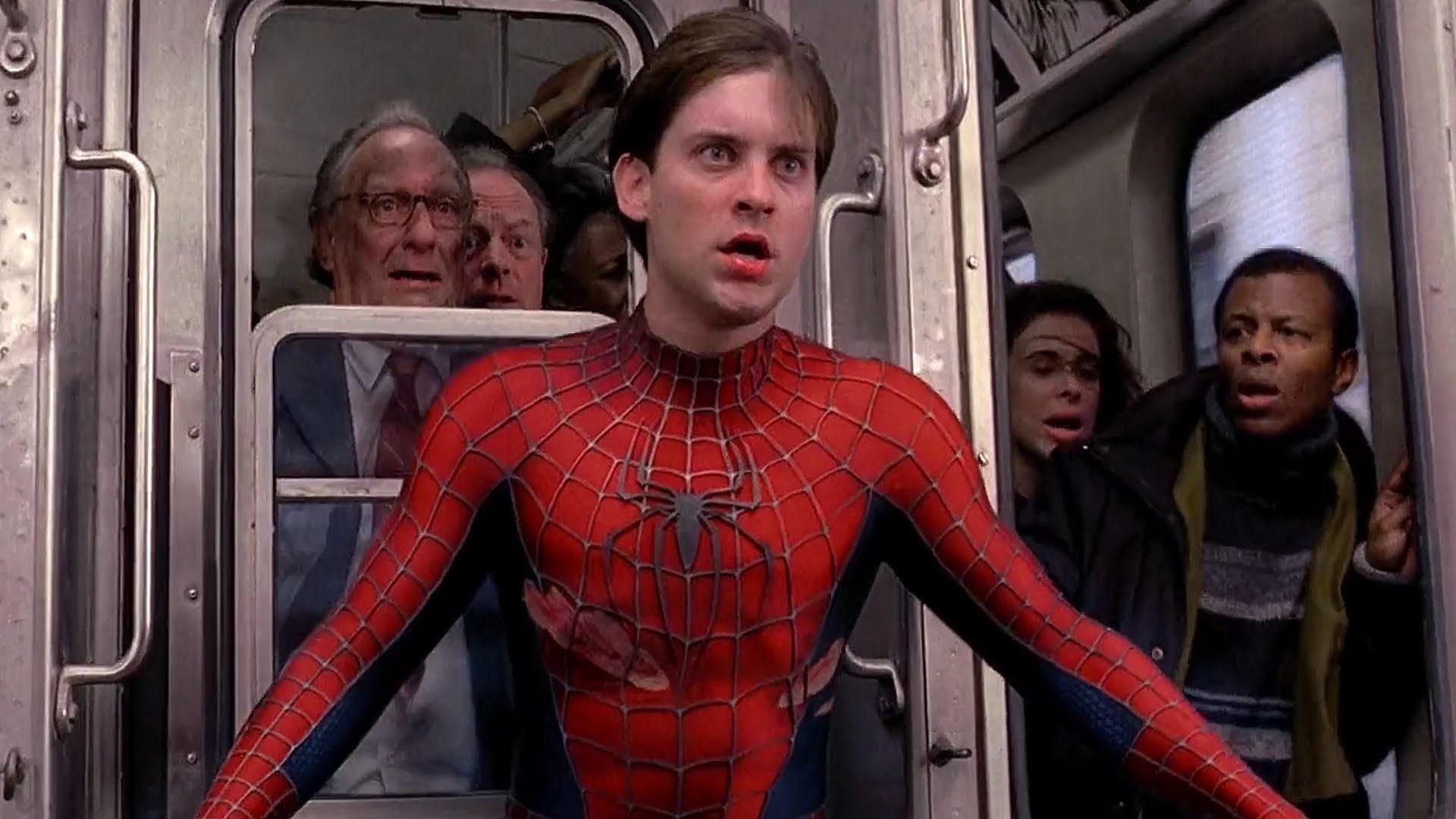
Part of the emptiness of modern superhero movies is due to pandemic-era restrictions, limiting the potential to include crowds and forcing movies to rely on uncanny green screen effects. However, the trend was in progress long before that. Joss Whedon’s The Avengers made a point to focus on civilians caught in the middle of the Battle of New York, but the attack on New York at the start of Avengers: Infinity War features a quick shot of Tony helping a single stumbling pedestrian while directing Wong (Benedict Wong) to help a person out of a car. That’s it.
At times, these films seem to slip into parallel dimensions devoid of human life to avoid any upsetting collateral damage. That emptiness is evident in the abandoned airport in Captain America: Civil War; the empty fields of films like Black Panther, Avengers: Infinity War, Avengers: Endgame, and Shang-Chi and the Legend of the Ten Rings; or the abandoned islands of Eternals, Spider-Man: No Way Home, and Black Panther: Wakanda Forever.
These films often seem to take place in a computer-rendered simulacrum of the real world, recalling eerie photographs of the early pandemic capturing unsettlingly empty public spaces. Watching these movies, it can feel like these superheroes have not just transcended humanity but left it completely behind. These aren’t people in any meaningful sense, but abstractions; they live in worlds of cardboard with no tether to anything recognizably human.
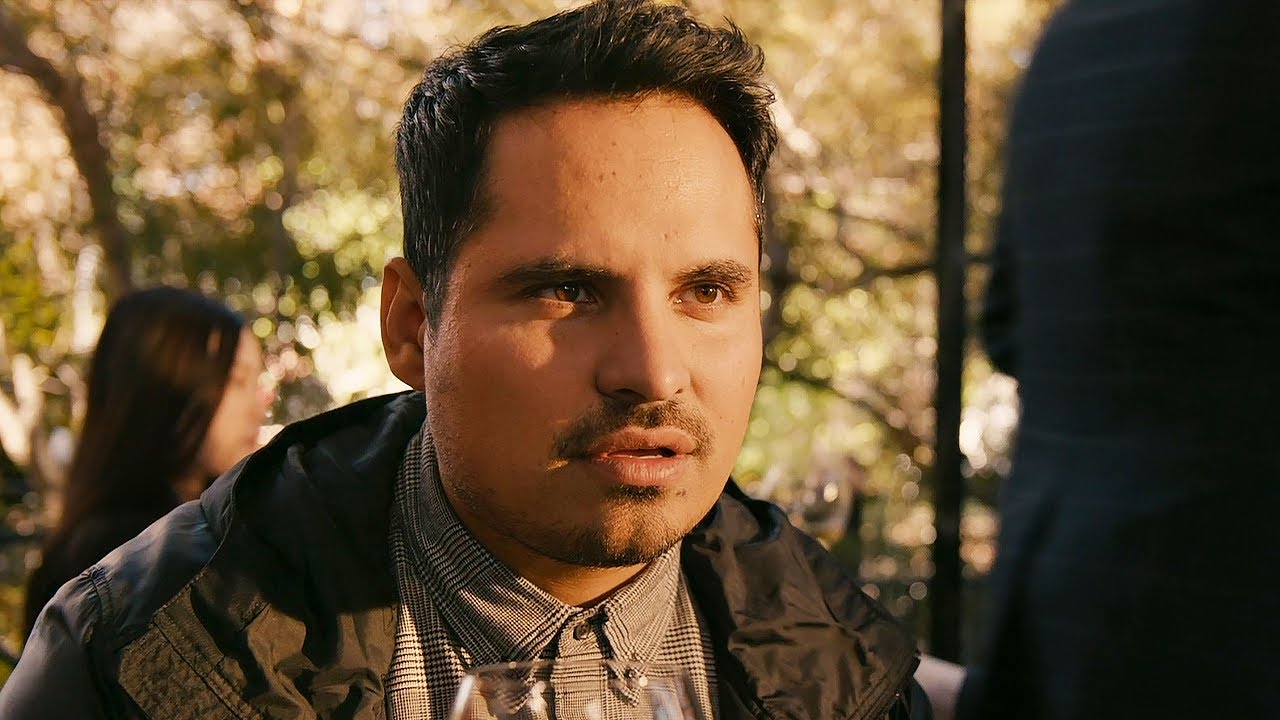
Of course, it wasn’t always this way. Shane Black’s Iron Man 3 built a beautiful climactic action sequence around saving passengers thrown from Air Force One. James Gunn’s Guardians of the Galaxy found real humanity in marginal supporting players like Rhomann Dey (John C. Reilly) and Denarian Garthan Saal (Peter Serafinowicz), something that gives the climax real stakes. However, this sort of storytelling has become increasingly rare.
To be fair, some of the best modern superhero movies are about this transition. The Batman is a movie that is largely disinterested in Bruce Wayne’s (Robert Pattinson) civilian identity, but Bella Reál (Jayme Lawson) urges Bruce to reconnect with his humanity. Even then, the pull of the modern “superhero-in-waiting” template can be felt, as fans speculated that a young survivor (Archie Barnes) must secretly be Robin, and not just a human being traumatized by violence.
Marvel has long argued that its innovation within the superhero genre was to “reflect the world outside your window.” That’s what made heroes like Peter Parker so compelling: their humanity and their connection to the real world. It is time to put the “human” back in “superhuman.”

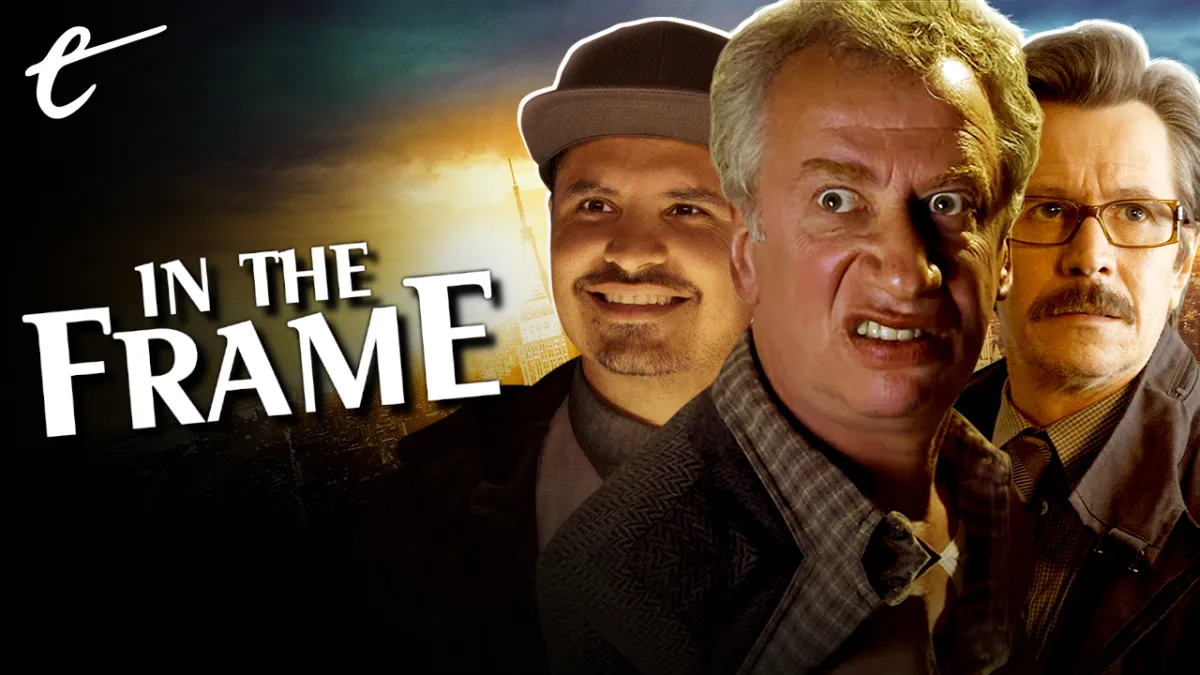




Published: Apr 24, 2023 11:00 am